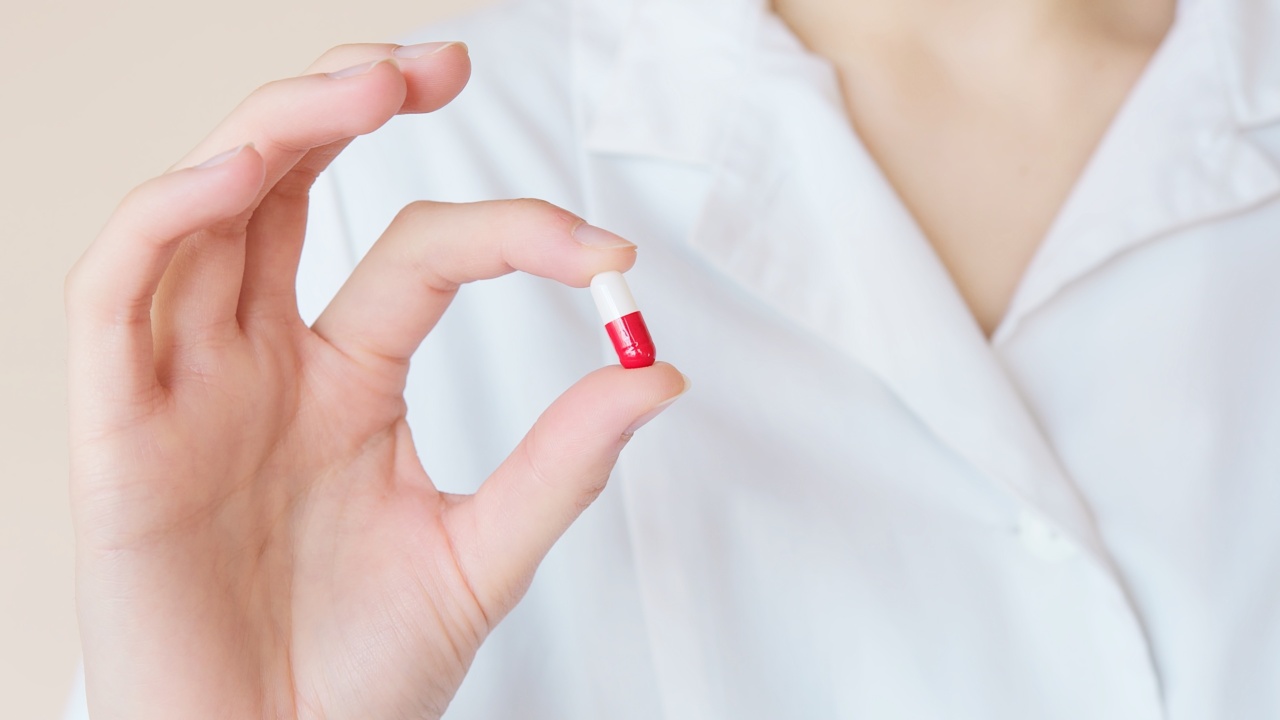Hibiscus tea has been around for centuries and has been enjoyed for its taste, as well as its many health benefits.
This bright red beverage is made from the dried flowers of the hibiscus plant and is commonly consumed in many cultures, including those in Africa, Asia, and the Middle East. It has recently become popular in the Western world due to its effectiveness in treating a range of ailments. This article will explore the health benefits of hibiscus tea, how to prepare it and consume it, and its potential side effects.
What is Hibiscus Tea?
Hibiscus is a plant that belongs to the family of Malvaceae. This shrub is native to tropical and subtropical regions, such as Mexico, Central America, South America, Africa, and Asia.
The flowers of this plant are bright red or pink when mature and produce a sour-tasting liquid when brewed with boiling water. The tea has a unique tart flavor that is refreshing and perfect for a hot summer day.
The Health Benefits of Hibiscus Tea
Hibiscus tea is packed with antioxidants, vitamins, and minerals, making it a popular natural remedy for various ailments. Here are some of the health benefits of this ancient herbal drink:.
1. Lowering Blood Pressure
The hibiscus plant has been shown to be effective in reducing high blood pressure levels. One study found that consuming hibiscus tea for six weeks resulted in a significant decrease in both systolic and diastolic blood pressure levels.
This is due to the presence of anthocyanins, which are antioxidants that are known to improve the health of the heart.
2. Reducing Cholesterol Levels
Hibiscus tea has been shown to be effective in lowering cholesterol levels, specifically low-density lipoprotein (LDL), which is the “bad cholesterol” that can lead to heart disease.
A study found that drinking hibiscus tea for 12 weeks resulted in a significant decrease in LDL cholesterol levels.
3. Aiding in weight loss
The polyphenols present in hibiscus tea are known to help regulate metabolism and aid in weight loss. A study found that consuming hibiscus extract for 12 weeks resulted in a significant reduction in body weight, body fat, and waist-to-hip ratio.
4. Preventing Cancer
Hibiscus tea is rich in antioxidants, which are known to help prevent the growth of cancerous cells in the body. Studies have shown that hibiscus extract is effective in inhibiting the growth of human leukemia cells.
5. Supporting the Immune System
Hibiscus tea is rich in vitamin C, which is important for the proper functioning of the immune system. Consuming hibiscus tea regularly can help boost the immune system and prevent illnesses such as colds and flu.
How to Prepare and Consume Hibiscus Tea
Hibiscus tea can be consumed either hot or cold. Here is a simple recipe for preparing hibiscus tea:.
Ingredients:
- 4 cups of water
- 1/2 cup of dried hibiscus flowers
- Honey or sugar to taste (optional)
Instructions:
- Bring the water to a boil in a pot or kettle.
- Add the dried hibiscus flowers to the water and let it steep for 5 to 7 minutes.
- Remove the pot from heat and strain the tea into a cup or pitcher.
- Add honey or sugar to taste (optional).
After preparing the tea, it can be consumed as is or mixed with other drinks or ingredients to create various variations. Some people enjoy adding lemon or lime juice, which gives the tea a tangy flavor.
Others mix it with mint leaves for an extra kick of taste.
Side Effects of Consuming Hibiscus Tea
While hibiscus tea is generally safe for most people, there are some potential side effects that should be considered. These include:.
1. Lowers Blood Pressure
While this is generally a good thing for those with high blood pressure, it is important to note that consuming hibiscus tea can lower blood pressure to an unsafe level if over-consumed or consumed alongside blood pressure-lowering medication.
2. Increases Estrogen Levels
Hibiscus tea has been shown to increase estrogen levels in the body, which can be problematic for those with hormonal imbalances or pre-existing estrogen-sensitive cancers.
3. May Cause Allergic Reactions
Some people may develop an allergic reaction to hibiscus tea, which can result in symptoms such as skin rash, hives, and difficulty breathing.
The Bottom Line
Hibiscus tea is a tasty and healthy beverage that has been used for centuries to treat various ailments. Its benefits range from reducing blood pressure levels and cholesterol levels to aiding in weight loss and preventing cancer.
However, it is important to consume it in moderation and consult with a doctor before consuming it if one has health concerns. Overall, hibiscus tea is a great addition to anyone’s diet and should be considered for its health benefits and refreshing taste.





























